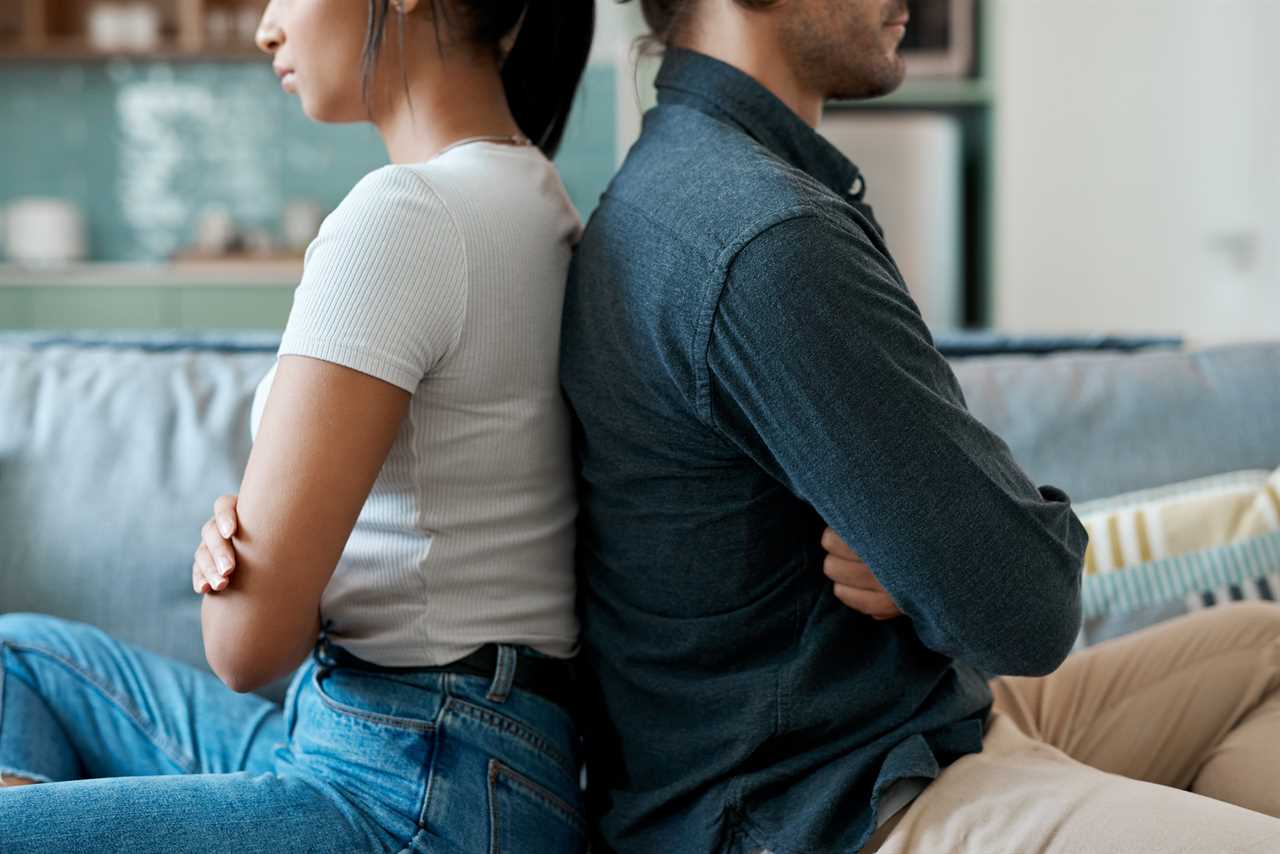IF you’re single, you might look at people in relationships longingly.
Alternatively you might rejoice in evenings to yourself and not having to spend time with annoying in-laws.

But experts have now found that while we all have preferences as to what sort of relationship we would like to be in, your status could also speak volumes when it comes to your health.
Medics in China found that the single life could mean you have a higher risk of dying from stomach cancer.
In the UK each year there are around 6,500 new cases of the illness.
That accounts for around 18 cases each day, with it being the 17th most common cancer in the country.
While medics found being single is dangerous, they also claimed that those married were more likely to receive an early cancer diagnosis.
Early diagnosis is key with any cancer as the quicker treatment can be administered, the better the outcome.
Author of the study, Professor Aman Xu of the First Affiliated Hospital of Anhui Medical University said: “Married people tend to be better off financially.
“They may also receive emotional encouragement”.
Experts looked at 3,647 cases of the cancer in US patients where the tumour had not yet spread to the organs.
In the US there are around 26,380 cases of the cancer each year.
Patients in the study had received their diagnosis between 2010 and 2015.
Analysis found that people who were married were 72 per cent more likely to survive.
Woman faired better than men and those who had lost their partners seemed to far worse, with women having a 51 per cent chance of death compared to men at 61 per cent.






